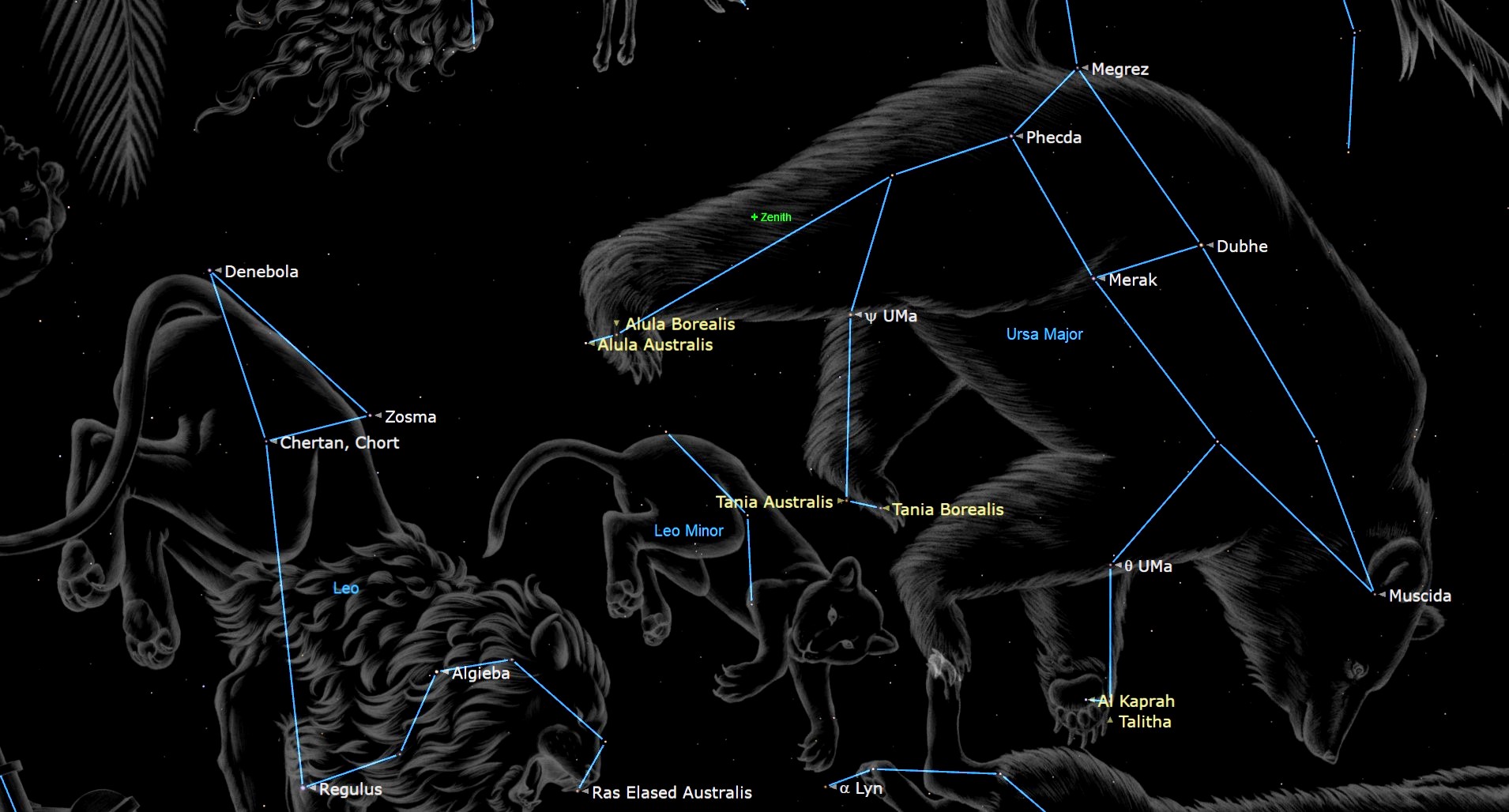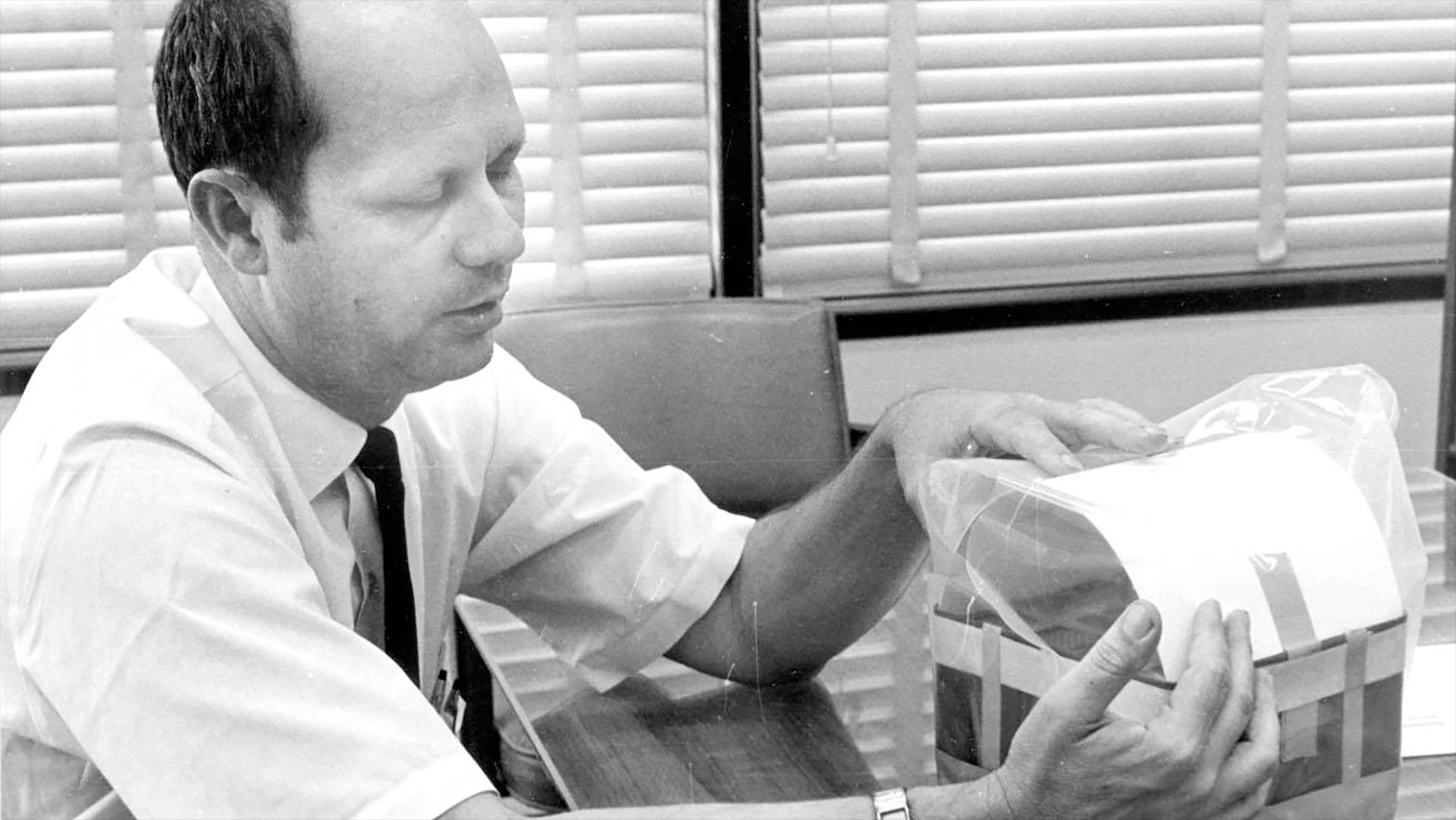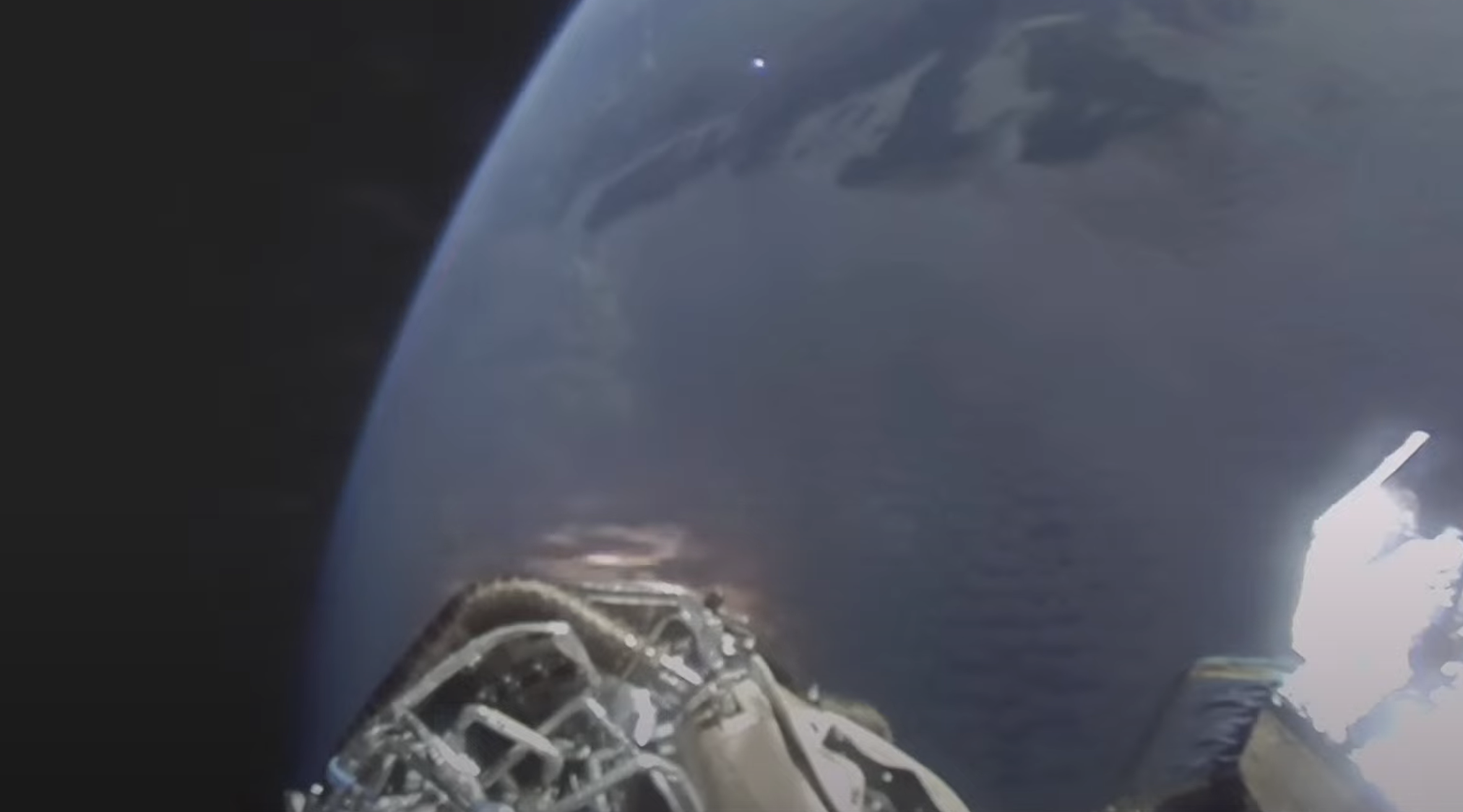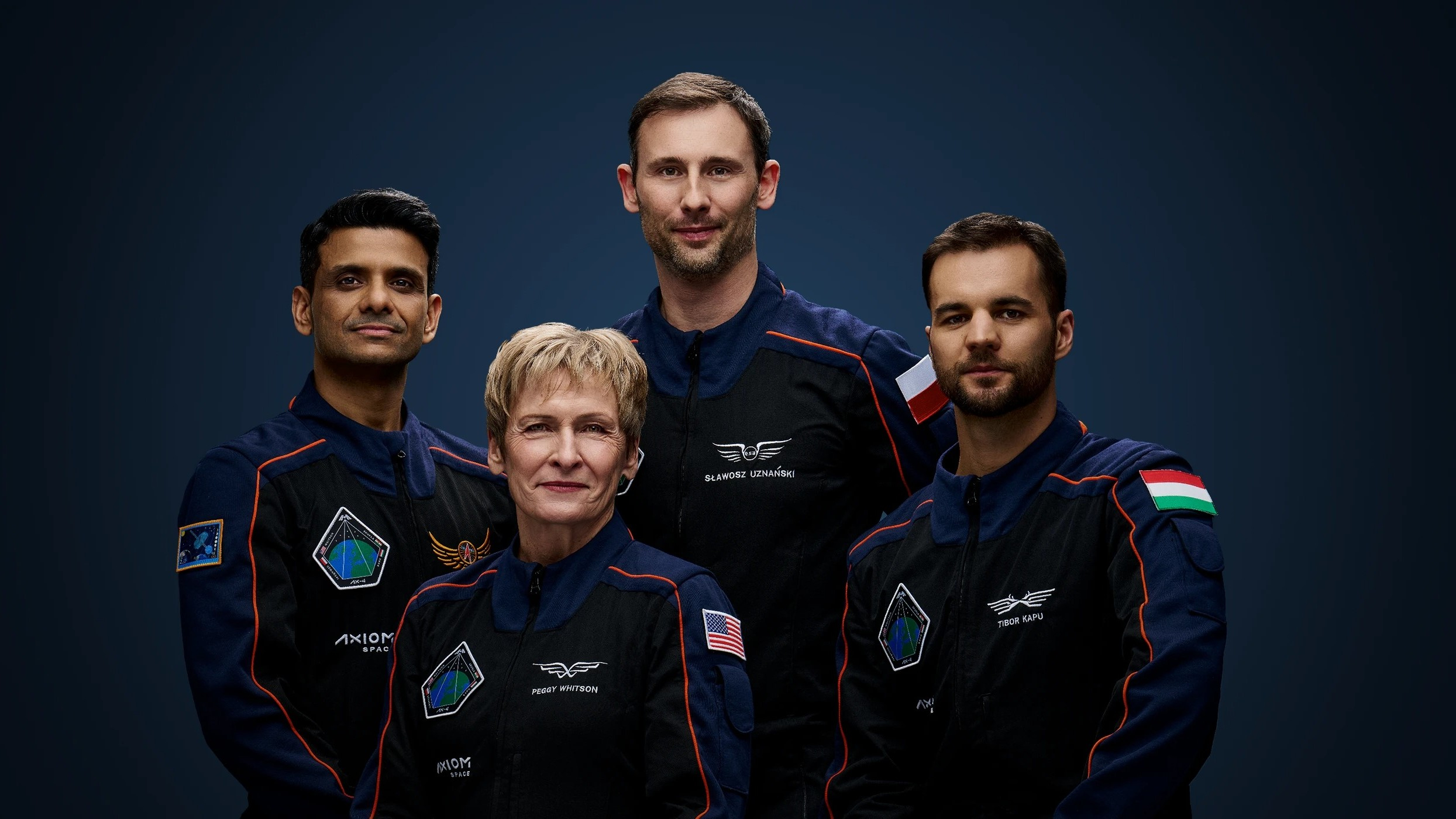AI Thriller 'neXt' Takes a Frightening Look at Modern Society's Relationship with Technology
The upcoming Fox television series stars John Slattery of "Mad Men" fame.
A rogue artificial intelligence (AI) will get smarter at any cost in a new television thriller premiering in 2020.
The upcoming Fox series "neXt" revolves around the fictional AI by the same name, which relentlessly pursues self-preservation with no regard for morality, casualties or consequences.
The show feels eerily plausible. As the human protagonists of the series try to take the apathetically dangerous AI offline in the series premiere — which was screened on Oct. 5 at this year's New York Comic Con — they find themselves up against blind spots that are a result from living in a modern society that relies heavily on digital technology.
Related: Will Artificial Intelligence Become Conscious?
While it might seem intimidating to develop a show in which the villain is essentially a computer, director John Requa welcomed the idea. Certainly, "evil technology" is not a concept that's new to film and television: movies like "The Terminator" and "2001: A Space Odyssey" have been spooking audiences with tech for decades. But neXt is different. The AI is invisible and sneaky, inspired by real-life, modern concerns about what AI could become.
"We loved the fact that [neXt] wasn't just a guy twisting his mustache," Requa said during a panel following the premiere. "It was like the devil, hiding everywhere ... people are feeling like their lives are being monitored now. I mean is there anyone is this room who hasn't experienced [something] where, you're talking about a product or a vacation and suddenly the ad shows up on your phone or your computer? I mean, people are getting this sense that they are being listened to and so this idea of having this AI that's on the other end watching us and using the information it's gathering to manipulate us … it felt like it was really current."
Inspired by reality
This isn't paranoia: in 2018, The New York Times reported that code from a company called Alphonso was programmed into over 250 phone apps to listen in for audio that could indicate areas of interest that could be used to inform advertisements, all done via the microphone on the owner's personal device.
Get the Space.com Newsletter
Breaking space news, the latest updates on rocket launches, skywatching events and more!
Manny Coto, "neXt" creator and executive producer, said that the plotline of the new series is also inspired by concerns about the rise of AI that have been expressed by Stephen Hawking and Elon Musk.
Coto wrote episodes for the Fox series "24," and said that "neXt" would play out at a similar thriller pace.
At the center of the series are characters Paul LeBlanc (John Slattery), a Silicon Valley pioneer and Shea Salazar (Fernanda Andrade), an FBI cyber-crime task force special agent.
Andrade attended the New York Comic Con premiere and was joined by series actors Jason Butler Harner, Eve Harlow and Michael Mosley. Series director Glenn Ficarra also attended alongside Coto and Requa.
- Meet CIMON, the 1st Robot with Artificial Intelligence to Fly in Space
- Artificial Intelligence Goes Rogue in 'Alien: Covenant'
- Humanity's Sci-Fi Future: Are We Really Ready for Intelligent Robots?
Follow Doris Elin Urrutia on Twitter @salazar_elin. Follow us on Twitter @Spacedotcom and on Facebook.

Join our Space Forums to keep talking space on the latest missions, night sky and more! And if you have a news tip, correction or comment, let us know at: community@space.com.

Doris is a science journalist and Space.com contributor. She received a B.A. in Sociology and Communications at Fordham University in New York City. Her first work was published in collaboration with London Mining Network, where her love of science writing was born. Her passion for astronomy started as a kid when she helped her sister build a model solar system in the Bronx. She got her first shot at astronomy writing as a Space.com editorial intern and continues to write about all things cosmic for the website. Doris has also written about microscopic plant life for Scientific American’s website and about whale calls for their print magazine. She has also written about ancient humans for Inverse, with stories ranging from how to recreate Pompeii’s cuisine to how to map the Polynesian expansion through genomics. She currently shares her home with two rabbits. Follow her on twitter at @salazar_elin.









